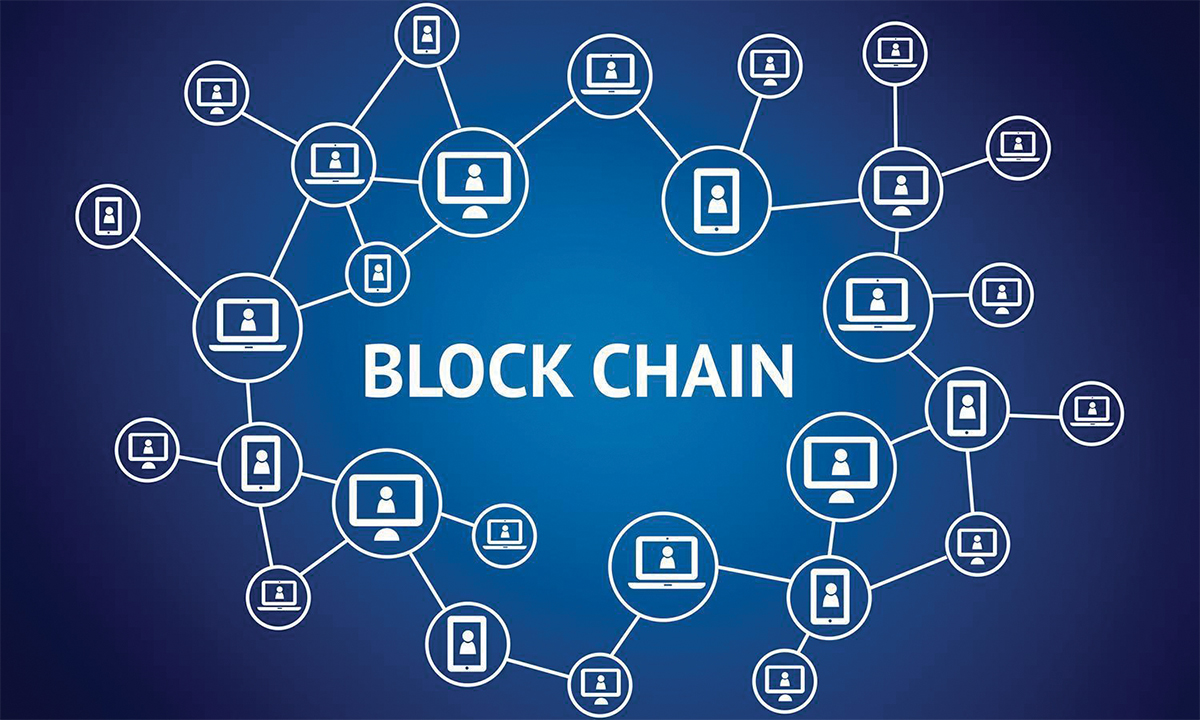The Role of Blockchain in Securing Our Digital Future
The Role of Blockchain in Securing Our Digital Future
In recent years, blockchain technology has been making waves across various industries, from finance to healthcare. Often associated with cryptocurrencies like Bitcoin, blockchain’s potential extends far beyond digital currencies. It is revolutionizing how we secure, share, and verify data. In this article, I’ll explore how blockchain is impacting our daily lives, its growing importance in ensuring data security, and what the future holds for this groundbreaking technology.
What is Blockchain Technology?
Blockchain is essentially a decentralized ledger system that records transactions across multiple computers. Each "block" of data is linked to the previous one, forming a "chain." What makes blockchain unique is its transparency and immutability. Once a transaction is recorded, it cannot be altered or deleted without the consensus of the network, making it highly secure.
While blockchain may sound complex, its potential applications are simple yet powerful. It’s already reshaping how we handle sensitive information, making transactions more transparent, secure, and efficient.
How Blockchain is Securing Our Data
One of the most important applications of blockchain technology is its ability to secure data. With increasing concerns about data breaches and privacy issues, blockchain provides a decentralized solution that makes it nearly impossible for hackers to tamper with or corrupt information.
Here are a few ways blockchain is enhancing data security:
- Decentralization: Because blockchain operates on a peer-to-peer network, there’s no central point of failure, making it harder for malicious actors to attack.
- Transparency: Every transaction or change made on the blockchain is visible to all parties involved, reducing the risk of fraud.
- Immutability: Once data is recorded on the blockchain, it cannot be altered without network consensus, ensuring the integrity of the information.
Real-Life Applications of Blockchain
Blockchain is already being applied in various fields, with more use cases emerging every day. Here are some of the ways it’s influencing different industries:
- Supply Chain Management: Blockchain is improving transparency in supply chains by allowing companies to track the origin and journey of their products in real-time. Consumers can ensure the authenticity of products like diamonds or organic foods.
- Healthcare: Blockchain technology is helping secure patient records, making them accessible only to authorized individuals while ensuring that the data is tamper-proof.
- Digital Identity: With concerns about identity theft and data breaches on the rise, blockchain offers a way to secure digital identities. It allows users to control their personal data, sharing it only with trusted entities.

The Future of Blockchain Technology
As blockchain continues to evolve, its influence will likely spread to more sectors, from voting systems to entertainment. Here are a few exciting possibilities for the future of blockchain:
- Smart Contracts: These are self-executing contracts with terms written into the code. They automatically enforce agreements without the need for intermediaries, streamlining processes like real estate transactions and insurance claims.
- Decentralized Finance (DeFi): DeFi is revolutionizing the financial industry by removing intermediaries like banks. With blockchain, users can borrow, lend, and trade assets directly with one another, making financial services more accessible.
- Voting Systems: Blockchain can bring transparency and security to elections by ensuring that each vote is recorded accurately and cannot be altered, reducing the risk of voter fraud.
Conclusion
Blockchain technology is no longer just a buzzword; it’s a tool that’s shaping the future of digital security and transparency. From protecting sensitive information to transforming industries, blockchain’s potential is enormous. As we continue to rely on digital systems in our personal and professional lives, blockchain will play a crucial role in ensuring that our data remains secure, transparent, and trustworthy.
Comments
Post a Comment